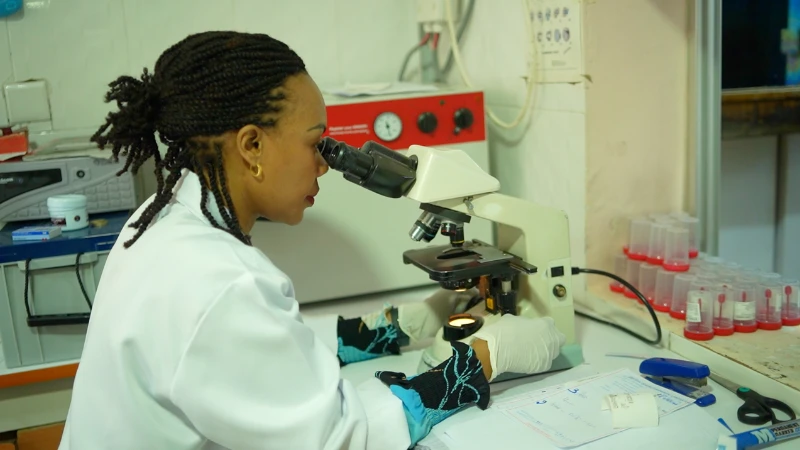Antenatal clinic: Study shows women hiding early pregnancy

RESEARCHERS surveying patient and medical staff with Kasulu Town Council have unveiled new findings that only 32 percent of pregnant women begin antenatal care during the first three months of pregnancy.
The study was led by Winfrida Lyoba of the Ifakara Health Institute, in collaboration with Chakupewa Mpambije of Mkwawa University College of Education and Joyce Mwakatoga from the Sokoine University of Agriculture.
Antenatal clinic attendance for the critical first trimester in the town is slightly below the national average of 35 percent, the study noted, published in the Reproductive Health journal last month to underline the persistent challenges in maternal and newborn healthcare in the zone.
Early attendance is globally recognized as essential for ensuring the health of mother and baby as it enables early detection of complications, access to preventive treatments such as iron supplementation and vaccinations, counselling on nutrition and birth preparedness, the researchers noted, cautioning that delayed initiation can result in missed opportunities for life-saving interventions.
Using an institutional cross-sectional design, the research conducted during March and April 2020 employed a mixed-methods approach, surveying 320 mothers with infants aged 0–6 months, conducting 40 qualitative interviews with healthcare providers and groups of expectant mothers to understand the underlying causes of delayed attendance, they specified.
The study found that women’s decisions about when to begin clinic are shaped by a combination of social, economic, behavioral and cultural factors, as many participants lacked support from spouses, limited understanding of the recommended timing for clinic, along with entrenched socio-cultural norms discouraging early disclosure of pregnancy.
They said some of their spouses viewed pregnancy and childbirth strictly as women’s roles, leaving women to navigate antenatal matters alone, while healthcare providers highlighted fear of negative perception of medical staff particularly among younger or unwed mothers, significantly contributes to delayed visits.
Conversely, women were more likely to begin clinic early if they were older, accompanied by a partner, aware of pregnancy danger signs or had previous childbirth experience, the study asserted, pointing at household income and knowledge of recommended clinic as weak influences on early attendance.
The barriers are rooted more in social dynamics and community outlooks than financial constraints or awareness, the researchers noted, indicating that first-trimester clinic attendance is one of the most effective interventions for reducing maternal and neonatal complications, and even mortality.
Delays can hinder screening for high-risk conditions such as hypertension, impede nutritional interventions, limiting birth preparedness and monitoring of fetal development, they said.
Raising awareness of the importance of early clinic, engaging spouses or encouraging partner support, providing pre-pregnancy reproductive health education, addressing socio-cultural norms discouraging revelation of pregnancy or responsible suitors and ensuring respectful, non-judgmental care at health facilities were emphasized.
Implementing these measures could accelerate Tanzania’s progress toward achieving targets of sustainable development goal number three (SDG 3), to reduce maternal mortality to below 70 deaths per 100,000 live births and neonatal mortality to 12 per 1,000 live births by 2030, they said.
Strong stakeholder engagement and context-specific interventions are critical for supporting women to begin clinic early—not just in the sample study area but across the country—improving maternal and newborn survival rates nationwide, they added.
Top Headlines
© 2025 IPPMEDIA.COM. ALL RIGHTS RESERVED






















